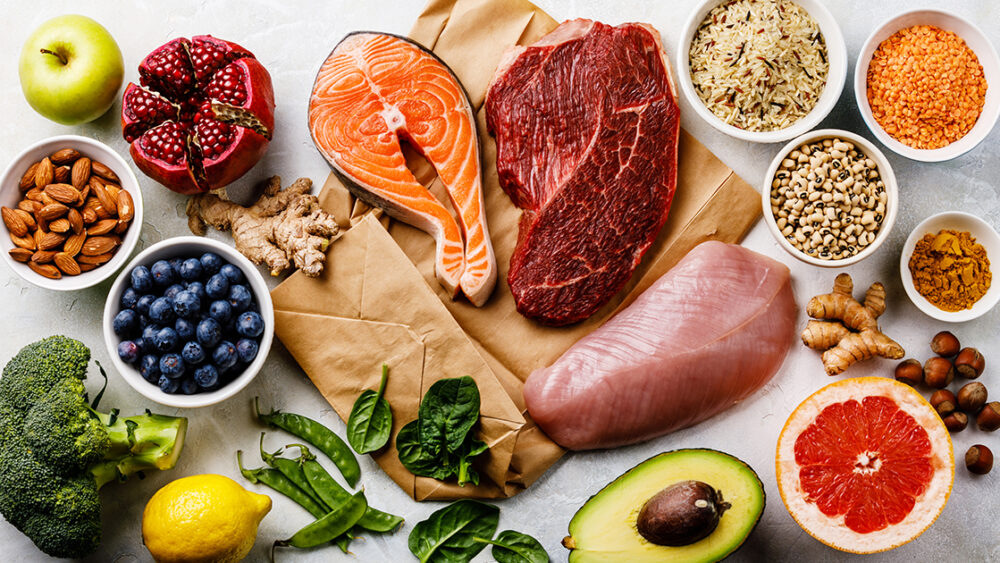
In a world where convenience often outweighs nutritional value, the allure of supplements can be enticing. From protein bars to creatine powders, these products promise a shortcut to fitness and health goals. However, the truth remains: choosing whole foods over supplements is not only a wiser choice but also a more sustainable approach to nourishing our bodies.
Whole foods, such as fruits, vegetables, lean meats, and whole grains, offer a comprehensive package of nutrients that supplements simply cannot replicate. These foods are rich in essential vitamins, minerals, antioxidants, and fiber, all of which play crucial roles in supporting overall health and well-being. Unlike supplements, which often isolate specific nutrients, whole foods provide a synergistic blend of compounds that work together to optimize nutrient absorption and utilization in the body.
While supplements like protein powder and creatine have been extensively studied and touted for their potential benefits, research consistently emphasizes the superiority of obtaining these nutrients from whole food sources. For instance, protein is essential for muscle repair and growth, and numerous studies have demonstrated the effectiveness of consuming protein-rich foods such as chicken, fish, eggs, and legumes in promoting muscle protein synthesis. Additionally, whole food sources of protein offer a broader spectrum of amino acids, which are the building blocks of protein, compared to many protein supplements.
Similarly, creatine is well-known for its role in enhancing athletic performance and muscle strength. However, studies have shown that consuming whole foods like red meat and fish can naturally elevate creatine levels in the body, negating the need for supplementation in many cases. Furthermore, whole foods provide a variety of other nutrients and bioactive compounds that contribute to overall health and performance, whereas creatine supplements solely provide creatine without these additional benefits.
Moreover, relying too heavily on supplements can lead to nutritional imbalances and deficiencies. While supplements may fill specific gaps in our diets, they should never be viewed as a replacement for whole foods. A diet centered around whole, minimally processed foods not only ensures adequate intake of essential nutrients but also promotes long-term health and vitality. Additionally, whole foods offer sensory pleasure and satisfaction that supplements cannot replicate, contributing to a more enjoyable eating experience and fostering a healthier relationship with food.
In conclusion, while supplements may offer convenience and targeted nutrition, they should be viewed as supplementary to a well-rounded diet rich in whole foods. By prioritizing the consumption of fruits, vegetables, lean proteins, and whole grains, individuals can harness the full spectrum of nutrients and health-promoting compounds that nature provides. Ultimately, choosing whole foods over supplements is not only a more holistic approach to nutrition but also a pathway to optimal health and vitality for both body and mind.
If you are interested in setting up a free nutrition consult with Coach Haley, and learning how she created a sustainable nutrition plan that helped her lose 100 pounds and maintain it for 5 years, in a healthy happy way, click here: SCHEDULE HERE
